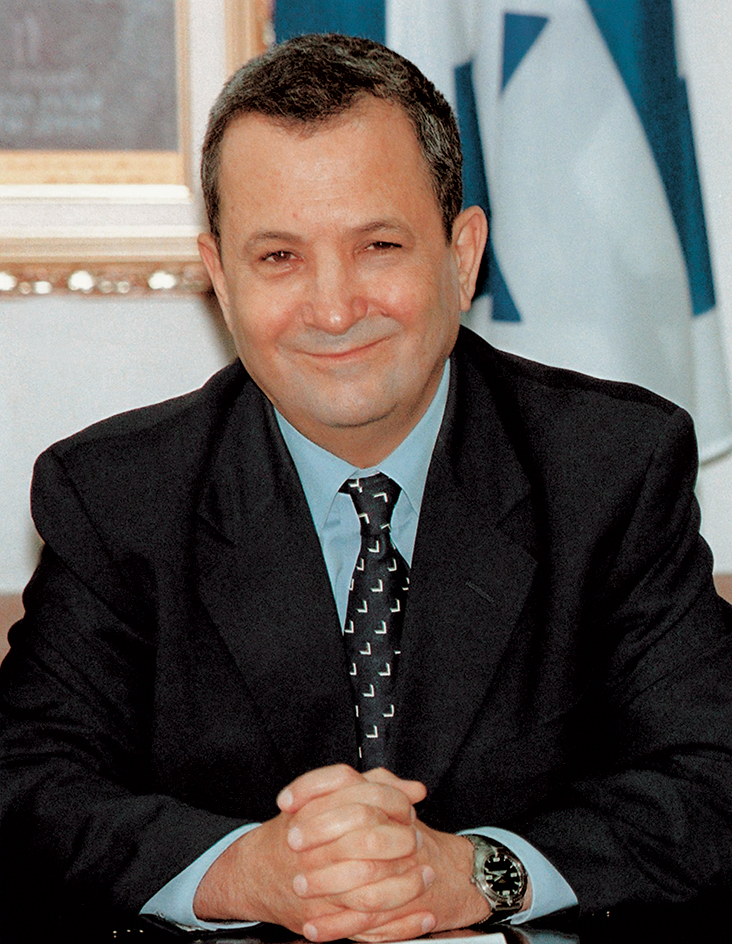Barak, Ehud, << buh RAHK, eh HOOD >> (1942-…), was prime minister of Israel from 1999 to 2001. As prime minister, Barak revived peace talks with the Palestine Liberation Organization (PLO), which had stalled under the previous prime minister, Benjamin Netanyahu. The negotiations concerned control of the Gaza Strip and West Bank—areas Israel had occupied in 1967—and other issues. In October 2000, however, Barak temporarily suspended the peace talks following several weeks of violent clashes between Palestinian demonstrators and Israeli security forces. In November, bowing to pressure from opposition parties, Barak agreed to hold a new election for prime minister. Barak lost the election, which was held in February 2001, to Ariel Sharon, the leader of the conservative Likud party. See Sharon, Ariel.

Barak was born Ehud Brog on Feb. 12, 1942, in a collective community called a kibbutz on the Mediterranean coast of what is now Israel. He earned a B.S. degree in physics and mathematics from Hebrew University in Jerusalem in 1968 and an M.S. degree in economic engineering systems from Stanford University in the United States in 1978.
Barak joined the Israeli army in 1959. He changed his name from Brog to Barak when he became an officer. Barak means lightning in Hebrew. Barak held several positions of command through the years, including army chief of staff from 1991 to 1995. In 1995, he left the army for politics and served first as interior minister and then as foreign minister. He was elected leader of the Labor Party in 1997. He resigned as Labor leader following his defeat in the 2001 election. From 2007 to 2011, Barak again led the Labor Party. In 2011, he left the party to set up a new party called Atzmaut (Independence). Barak retired from politics in 2013.
